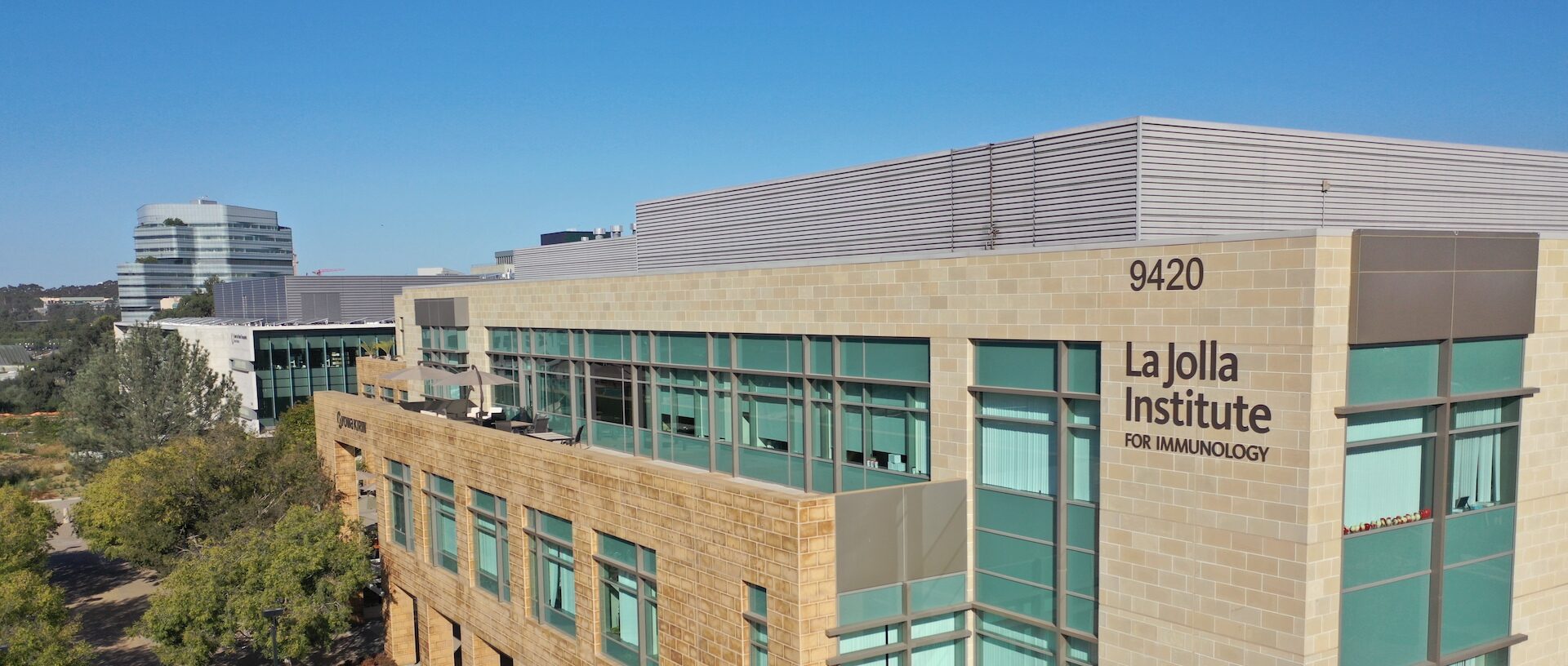Postdoc’s exploration of olfactory receptor function could lead to therapies to prevent atherosclerosis.
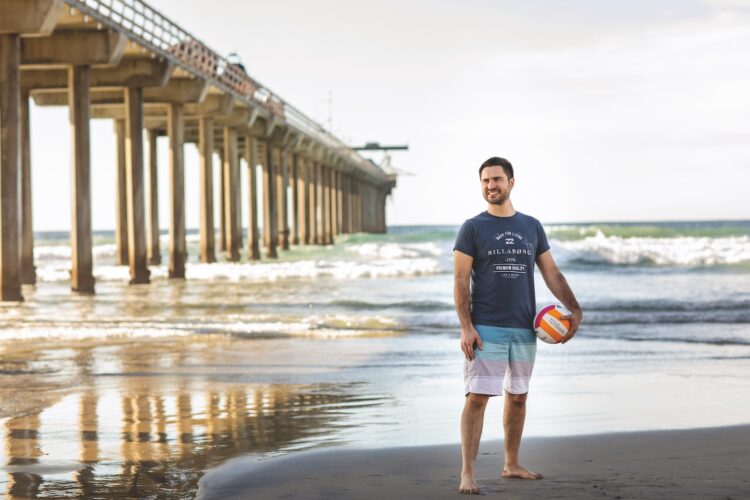
Dr. Orecchioni, a postdoctoral fellow in the lab of professor Klaus Ley, M.D., at the La Jolla Institute for Immunology (LJI), is a rising star at the Institute, having already notched a number of key research successes in a little over two years since he arrived in La Jolla after receiving his Ph.D. in his native Sardinia, an Italian island in the Mediterranean.
One of the signs that Dr. Orecchioni is an outstanding young talent came last year when he was awarded one of the Institute’s Tullie and Rickey Families SPARK Awards for Innovation in Immunology. SPARK awards provide $25,000 of flexible start-up funding so that young scientists just beginning their careers can launch their ideas and generate enough data to attract scientific grants enabling them to take their projects to the next level.
Dr. Orecchioni’s research expanded on the Institute’s discovery that olfactory receptors are not restricted to our nose but can be found in other parts of the body in the form of macrophages, a type of white blood cell.
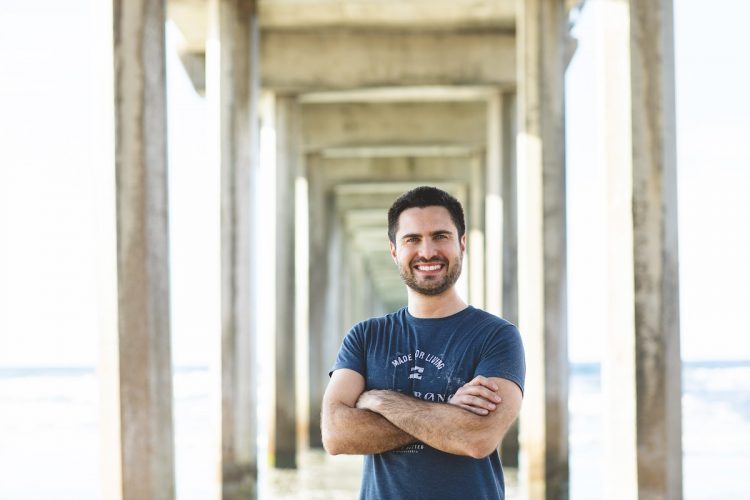
While Dr. Orecchioni is amazed at his success at LJI, he traces its origins to his decision in high school not to follow in the footsteps of his brother—who was a chef—after he took his first biology class.
“I remember studying a cell and realizing how complicated and fascinating it was and how I really wanted to understand everything I could about it,” Dr. Orecchioni recalls. “And then when I began to study immunology that’s when my real passion began. I was intrigued because the immune system is not only one of the most intricate and complex systems in the body, there’s a delicate balance between its amazing power to protect us against disease and its destructive ability to turn on us and harm our bodies through autoimmune diseases.”
And Dr. Orecchioni is eager to tackle the autoimmunity issue head on. He knows his research on olfactory receptors is in the early stages, but he’s optimistic enough to believe that within a few years it will lead to clinical trials with humans and ultimately development of a drug that would block the pro-inflammatory effect of the macrophages.
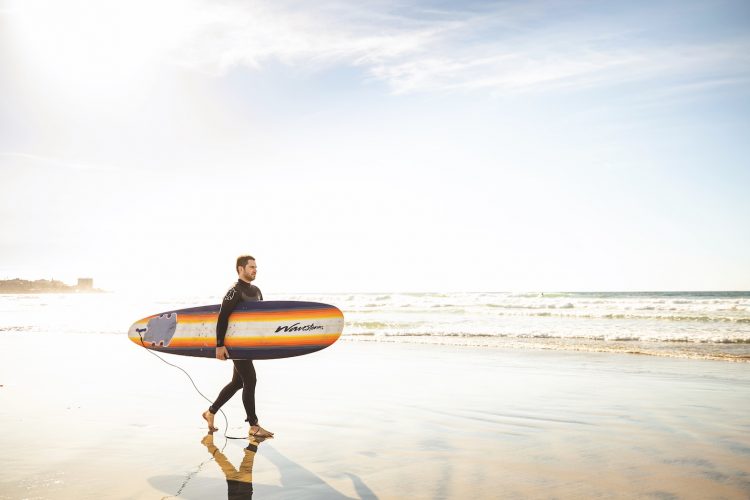
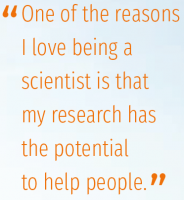
There is an even more personal reason Dr. Orecchioni wants his research to succeed.
“I’d like to help my own family, which has a bad history of cardiovascular disease. My grandfather died of a heart attack at 54 and my uncle has heart disease. My mother has high blood pressure and high cholesterol and I’m always telling her to eat this and not that. Everyone in the family knows that I’m working on this and they’re very happy for my success and very proud,” Dr. Orecchioni adds, laughing, “but they want me to hurry up!”
